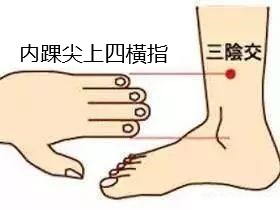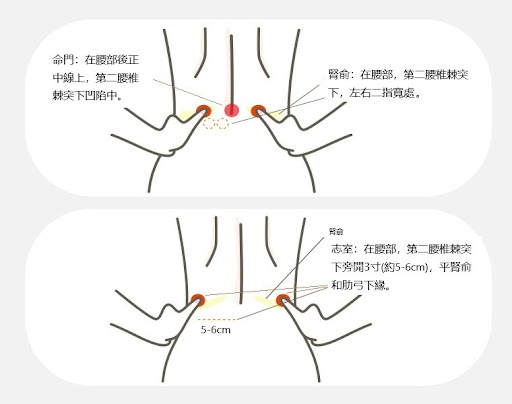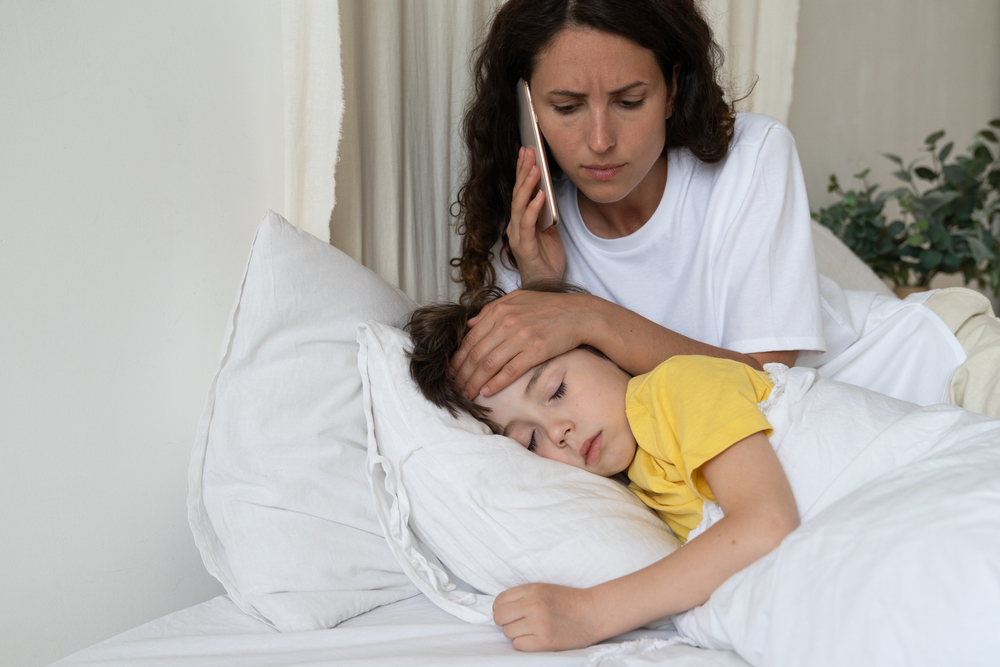Normal Menstrual Period
- Cycle: Approximately 21 to 35 days
- Duration: Approximately 3 to 7 days
- Blood volume: Total volume is around 35 to 80 milliliters, which means that when the flow is heavy, you may need to change sanitary pads approximately every 3 hours.
Symptoms of Menstrual Disorder
- Irregular cycle, with periods occurring earlier or later by a week or more, or even having a gap of several months between periods
- Significant increase or decrease in blood flow
- Menstrual periods lasting less than 2 days or more than 7 days
- Bleeding between periods
- Amenorrhea: The absence of menstruation after the age of 18 or no periods for more than 6 months
- Menorrhagia: Sudden and heavy bleeding outside of the menstrual period.
Causes of Menstrual Disorders
1. Medical Conditions
Organ disorders in the pelvic cavity, such as uterine fibroids and endometrial hyperplasia, can cause menstrual disorders. Blood clotting disorders and thyroid dysfunction can affect the amount of blood during menstruation. Diabetes may also interfere with normal ovulation.
2. Psychological Factors
Stress and emotional instability can affect hormone secretion in women, leading to menstrual disorders.
3. Medication Factors
Taking certain medications, such as antibiotics and anti-inflammatory drugs, in excessive amounts can potentially cause menstrual disorders.
4. Dietary Factors
Excessive dieting can result in inadequate nutrient intake, which can affect hormone secretion and lead to menstrual disorders.
Who is more prone to experience menstrual disorders?
Menstrual disorders are commonly seen in “adolescent” girls within the first two years after their first period, as their hormone secretion has not yet stabilized. In addition, the following groups of women are more prone to menstrual disorders:
- Postpartum women
- Breastfeeding mothers
- Women in the post-menopausal stage
- Overweight individuals
- Improper weight loss practices
How do doctors diagnose menstrual disorders? When should you undergo examinations?
Traditional Chinese Medicine (TCM) perspective
TCM diagnoses menstrual disorders through observation, listening, questioning, and pulse-taking. Blood tests, such as hormone tests, and ultrasound examinations are used to evaluate abnormal menstrual cycles or bleeding patterns, as well as abdominal pain and systemic symptoms before and during menstruation.
If severe abdominal pain occurs during menstruation, affecting work and daily life, it is necessary to determine whether it is primary or secondary dysmenorrhea. Uterine fibroids can also cause severe menstrual pain, which can be confirmed through ultrasound examinations.
Western Medicine perspective
Western medicine emphasizes a comprehensive medical history inquiry. Typically, a urine test is conducted first to determine if the menstrual disorder is pregnancy-related.
If pregnancy is ruled out and there is suspicion of other underlying causes, doctors may perform blood tests and ultrasound examinations to assess the condition of the uterus and ovaries. If necessary, further sampling of uterine tissue may be arranged to clarify the true cause of the menstrual disorder.
How to deal with menstrual irregularities?
Traditional Chinese Medicine (TCM) perspective
First, analyze the type of menstrual irregularity and then proceed with the improvement.
| Scanty Menstruation | The menstrual cycle is usually normal, but the amount of menstrual blood is noticeably reduced. The duration of the period is significantly shortened or there is minimal bleeding. |
| Excessive Menstruation | The menstrual cycle and duration are normal, but the amount of menstrual blood is noticeably increased. Daily sanitary pads need to be changed in less than one hour, or there may be the presence of blood clots resembling liver. |
| Irregular Menstruation | The menstrual cycle varies between approximately 20 days and 40 days, without a regular pattern. |
| Prolonged Menstruation (lasting more than 9 days) | Menstruation lasts for 9 days or more, with prolonged heavy bleeding or continuous light bleeding. |
| Infrequent Menstruation | The menstrual cycle is extended to more than 40 days, or menstruation occurs only every 2-3 months or even half a year. |
| Frequent Menstruation | The menstrual cycle is shortened to approximately 20 days, and menstruation occurs frequently. |
Methods for improvement:=
TCM treatment for menstrual irregularities involves different methods based on the patient’s yin-yang balance, cold-heat conditions, deficiencies, excesses, and the underlying causes. It includes techniques to regulate qi and blood, tonify the spleen and kidneys, soothe the liver, or clear heat. A qualified TCM practitioner will conduct a thorough diagnosis and prescribe suitable herbal medicine accordingly.
- Xuehai (Blood Sea): Locate the Xuehai acupoint and massage along the inner side of the thigh in an upward motion.

- Sanyinjiao (Three Yin Intersection): Apply pressure on the inner side of the lower leg, 3 inches above the inner ankle, in a depression behind the medial edge of the tibia.

- Shenyu (Kidney Shu): Located 1.5 inches beside the lower border of the second lumbar spinous process (Mingmen), approximately level with the lower end of the rib arch.
- Mingmen: Located in the depression below the second lumbar vertebra (L2) on the midline of the lower back, approximately level with the lower end of the 11th rib (Ji).

5 days before menstruation
❌ Avoid alcohol and spicy foods. Stick to a light diet, including high-protein foods like soybeans, chicken breast, fish, and leafy green vegetables. Stay hydrated and maintain regular bowel movements.
During menstruation
❌ Avoid cold and raw foods. Consume easily digestible foods that are rich in nutrients, such as soybeans, edamame, black sesame, and cherries.
After menstruation
✔️ Include foods rich in protein, iron, potassium, sodium, calcium, and magnesium, such as red meat, eggs, red beans, etc.
Red Date, Goji Berry, Black Mulberry, and Rose Tea
Ingredients: 2 red dates, 5 goji berries, 10 black mulberries, 5 rose petals.
Method: Remove the pits from the red dates. Add all the ingredients to a thermos or cup with 400ml of boiling water. Cover and steep for 15 minutes before consuming at a suitable temperature.
Benefits: Regulates the liver and nourishes blood, nourishes yin and tonifies the liver and kidneys.
。
Tomato and Carp Soup
Ingredients: 5 tomatoes, 120g corn silk, 500g carp fish, 30g huai shan (Chinese yam).
Method: Pan-fry the carp fish on both sides. Cut the tomatoes into pieces. Wash the corn silk and soak the huai shan for 15 minutes. Add all the ingredients to a pot with 1000ml of water. Bring to a boil and simmer over medium-low heat for 1 hour. Season with salt and consume at a suitable temperature.
Benefits: Improves complexion, reduces swelling, strengthens the spleen, and promotes diuresis.
Western medicine perspective
If the menstrual cycle is only slightly deviating from the usual range, there is usually no need to worry. However, if the menstrual irregularities persist for a prolonged period despite lifestyle adjustments, seeking medical advice is recommended. Consult a gynecologist or a primary care physician for a detailed medical history, examination, and accurate diagnosis to determine the appropriate treatment.
Can menstrual delay be induced? Are there methods to induce menstruation?
Traditional Chinese Medicine (TCM)
In Traditional Chinese Medicine (TCM), practitioners assess the patient’s lifestyle, cold/heat conditions, deficiency/excess patterns, and the circulation of Qi and blood to prescribe herbal medicine and acupuncture for inducing menstruation. For example, in cases of stagnant blood during the late stage of the menstrual cycle, herbal formulas that promote blood circulation may be prescribed along with abdominal acupuncture and electroacupuncture to stimulate local blood flow.
Western Medicine
- Menstrual-inducing medication
Taking medication containing progesterone can increase the concentration of progesterone in the body. Once the medication is stopped, the concentration of progesterone in the blood decreases, leading to the onset of menstruation. Typically, after taking menstrual-inducing medication for 5 consecutive days, menstruation will occur within 7 days after stopping the medication.
- Menstrual-inducing acupuncture
Similar to the principle of menstrual-inducing medication, menstrual-inducing acupuncture also raises the concentration of progesterone in the body to induce menstruation. However, it can be faster in its effectiveness, with menstruation occurring within approximately 7 days.
Is menstrual irregularity a symptom of a serious illness?
Menstrual irregularity is not a minor issue. It could indicate the possibility of pelvic organ disorders, such as uterine fibroids, cervical polyps, uterine or cervical infections, endometrial hyperplasia, endometrial cancer, and cervical cancer.
According to data, among postmenopausal women with menstrual irregularities, one-third are caused by uterine or vaginal inflammation, and another one-third are attributed to uterine or cervical polyps, endometrial hyperplasia, or endometrial cancer.
How to prevent this condition from occurring?
TCM advice
As Hong Kong people often face high levels of stress in their lives and work, or are exposed to various online weight-loss diets, it is important to start with daily lifestyle habits to prevent menstrual irregularities:
- Maintain a good mood and avoid accumulating excessive stress.
- Maintain regular sleeping patterns and ensure sufficient sleep, avoiding staying up late.
- Engage in regular exercise to maintain a healthy weight.
- Consume a balanced diet with adequate vitamins and nutrients.
- Avoid smoking and reduce alcohol consumption.






